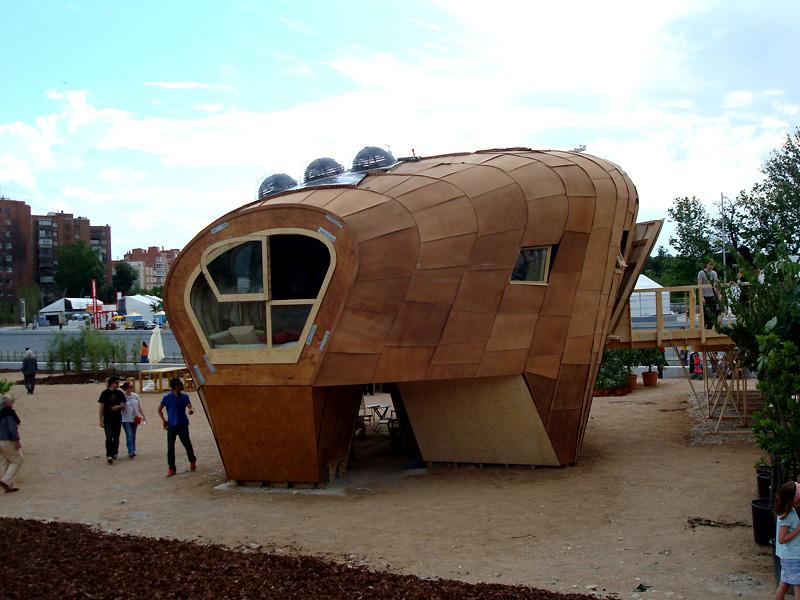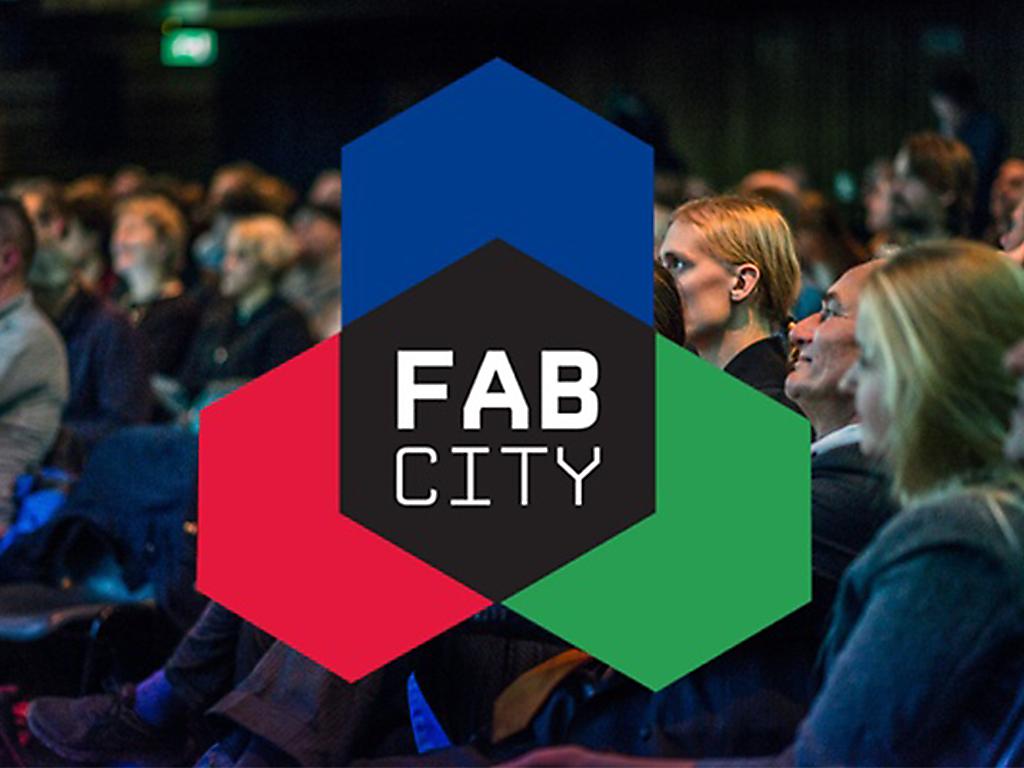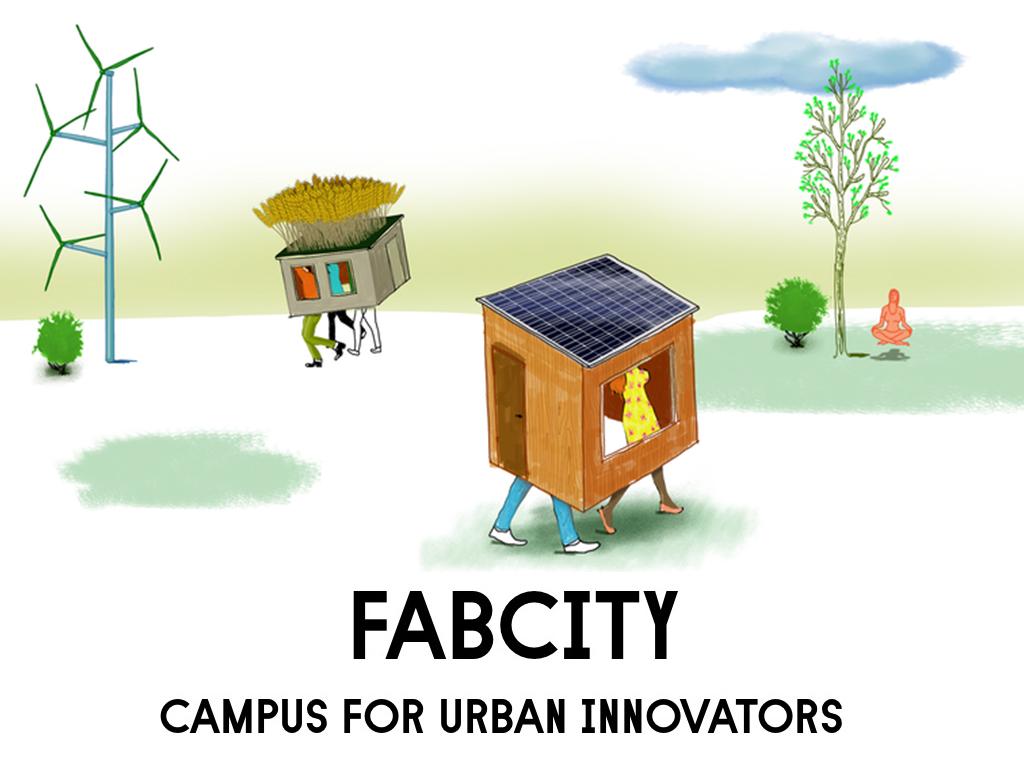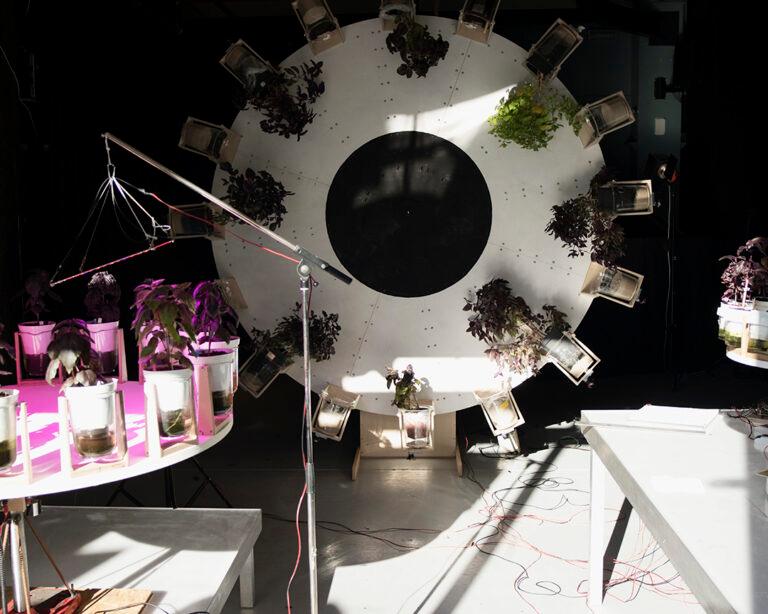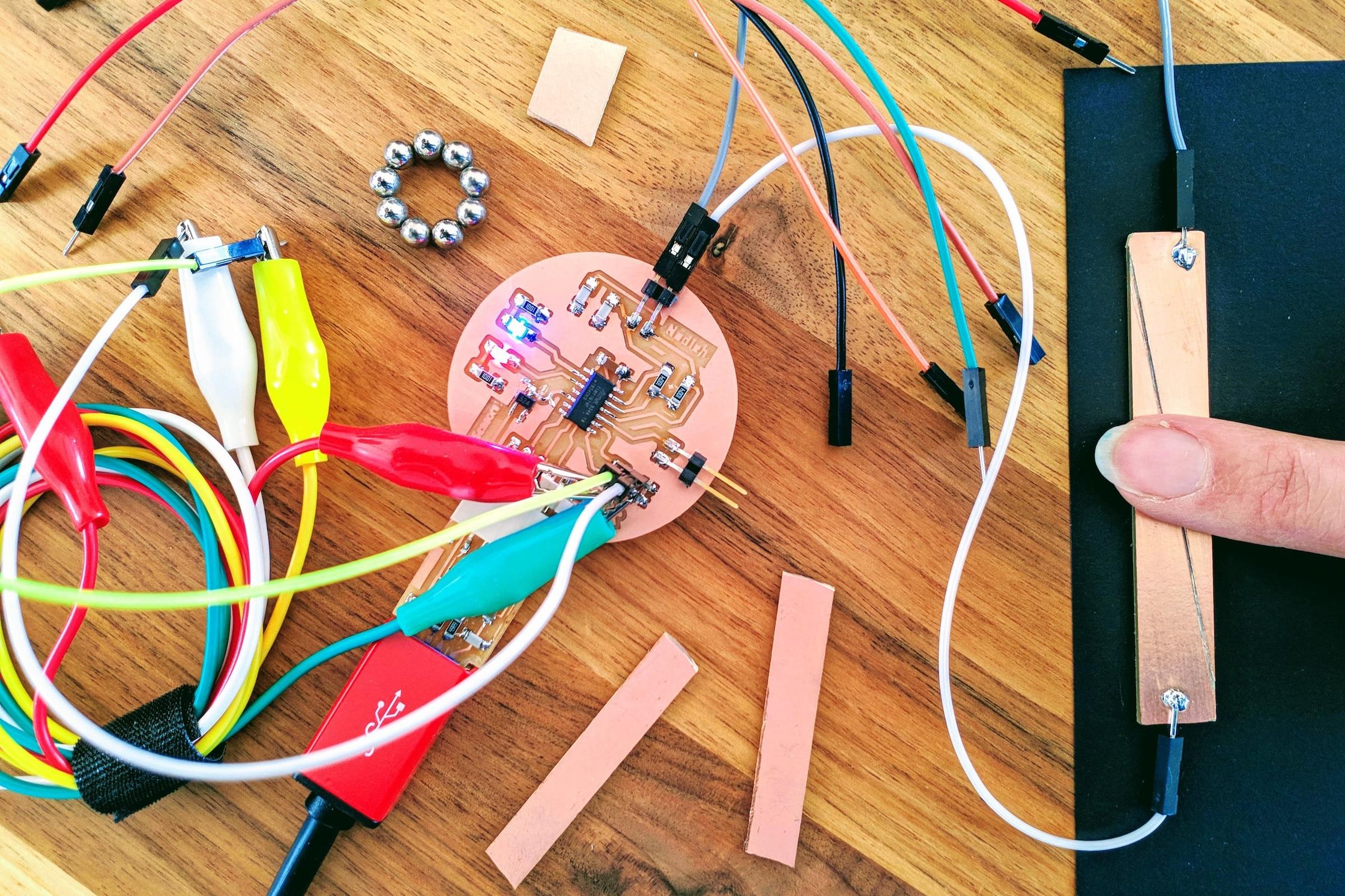Marleen Stikker of Waag is one of the speakers at the public dialogue programme of the FabCity Summit, at Pakhuis de Zwijger in Amsterdam on 20 April 2016. Earlier on the same day, Frank Kresin (research director) is one of the contributors of the expert meeting at the FabCity Campus.
Fab City
A worldwide network is working out the concept of locally productive and globally connected cities: a Fab City. Fab City is a new urban model for self-sufficient cities in which citizens are empowered. Amsterdam will join this network too. To become a Fab City requires having a more precise knowledge of the way cities work. Which steps should be taken now to make our cities more resilient to future challenges?
Programme
The Fab City is a global project to develop locally productive, self-sufficient and globally connected cities. The city of Barcelona was the first to endorse the Fab City principles during last year’s 10th Fab Lab Conference. The idea of a Fab City originates from the worldwide network of Fab Labs; local fabrication laboratories that use digital technologies to “make almost anything”. The Fab City network comprises an international think tank of civic leaders, fab lab champions, makers, urbanists and innovators who are collectively working on the same goal; changing the persistent paradigm of the current industrial economy, where the city operates on a linear model of importing products and producing waste, to an urban model of the self-sufficient city. Tonight’s public dialogue follows an expert meeting of the International Fab City network. Many of these participants will also join the discussion; how can we make a Fab City?
Speakers
- Neil Gerschenfield (via virtual presence)
Physicist & fab pioneer | director Center for Bits & Atoms | MIT Boston - Tomas Diez
Urbanist & Fab City Laboratory leader | Fab Lab Barcelona - Marleen Stikker
Director and co-founder Waag - Ger Baron
Chief Technology Officer Municipality of Amsterdam - Vicente Guallart
Architect | IAAC co-founder
About FabCity Amsterdam
Between 11 April and until 26 June a temporary, freely accessible campus will be built at the head of Amsterdam’s Java Island in the city’s Eastern Harbour District. Conceived as a green, self-sustaining city, FabCity comprise some 50 innovative pavilions, installations and prototypes. Students, professionals, artists and creatives will develop the site into a sustainable urban area, where they will work, create, explore solutions to current urban issues.
